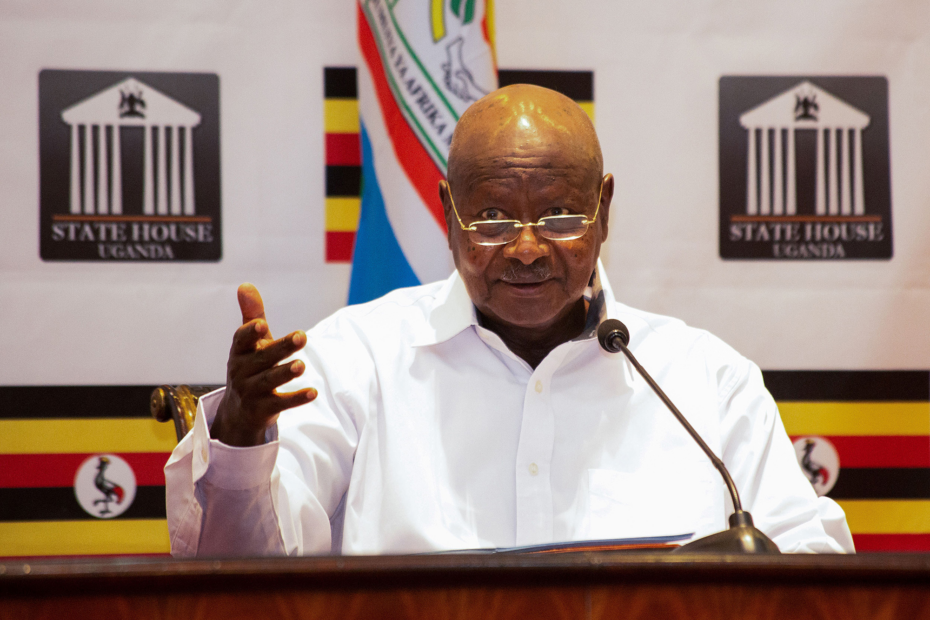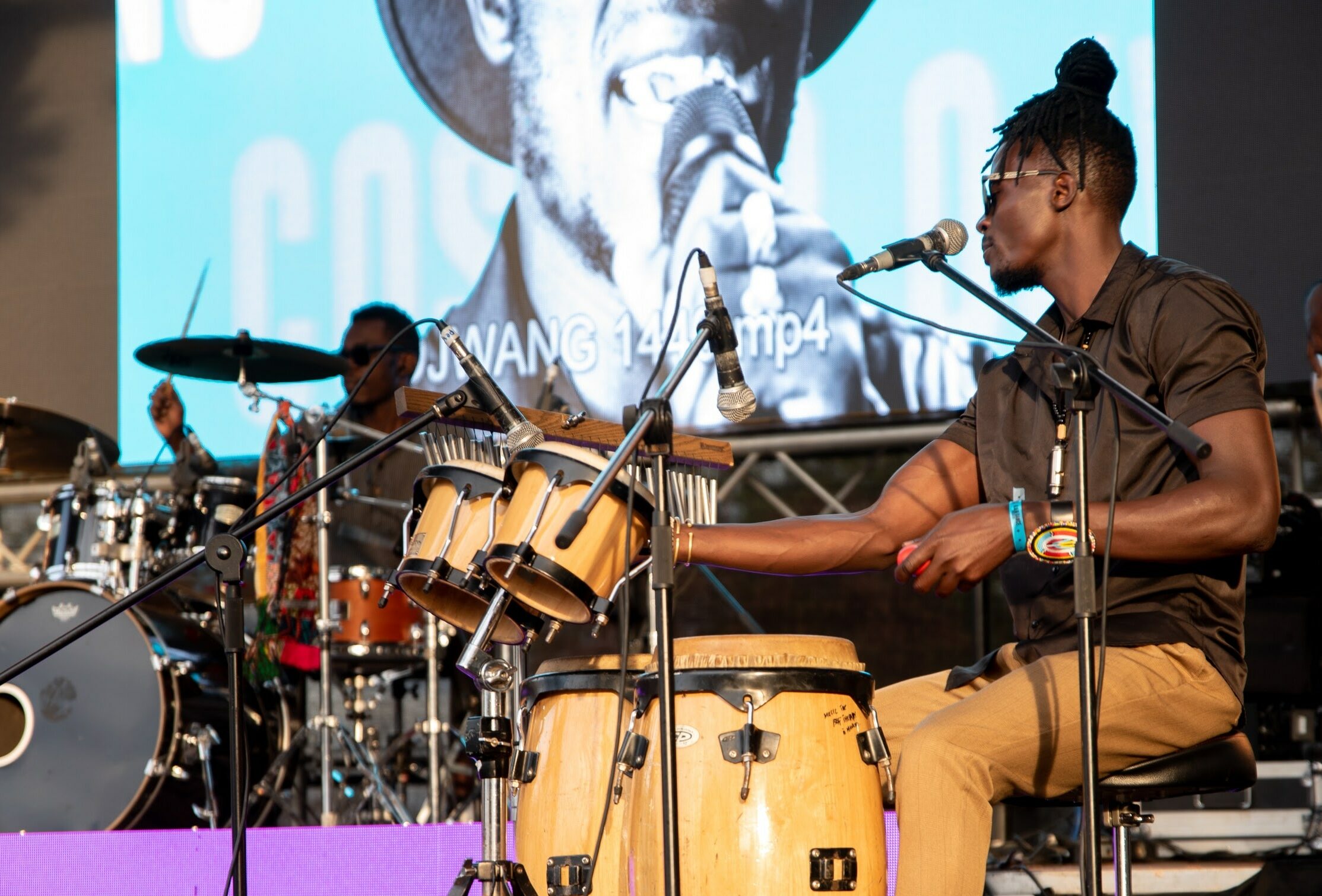The African continent is rich in history, culture, and political diversity. From pre-colonial to modern times, the political landscape has seen many leaders and governance styles. Some have ruled for extended periods, leaving lasting marks on their nations and the continent as a whole. This post takes a journey through Africa’s political history and explores eight of the longest serving leaders in Africa, their rise to power, contributions, challenges, and legacies.
The History of Africa’s Politics
Before colonialism, Africa was home to as many as 10,000 different states and polities, each with its unique political organization and rule. The arrival of colonizers disrupted these systems, imposing new structures that often disregarded existing social and political frameworks. Post-independence, African nationalists began forming political parties and demanding autonomy. However, the transition to independence was fraught with difficulties, resulting in a mix of democratically elected governments and oppressive regimes.
The 8 Longest Serving Leaders in Africa
Despite the diverse political history, some leaders have managed to stay in power for an exceptionally long time. Here are some of the longest serving leaders in Africa and their legacies.
1. Teodoro Obiang Nguema Mbasogo (Equatorial Guinea) – 43 Years
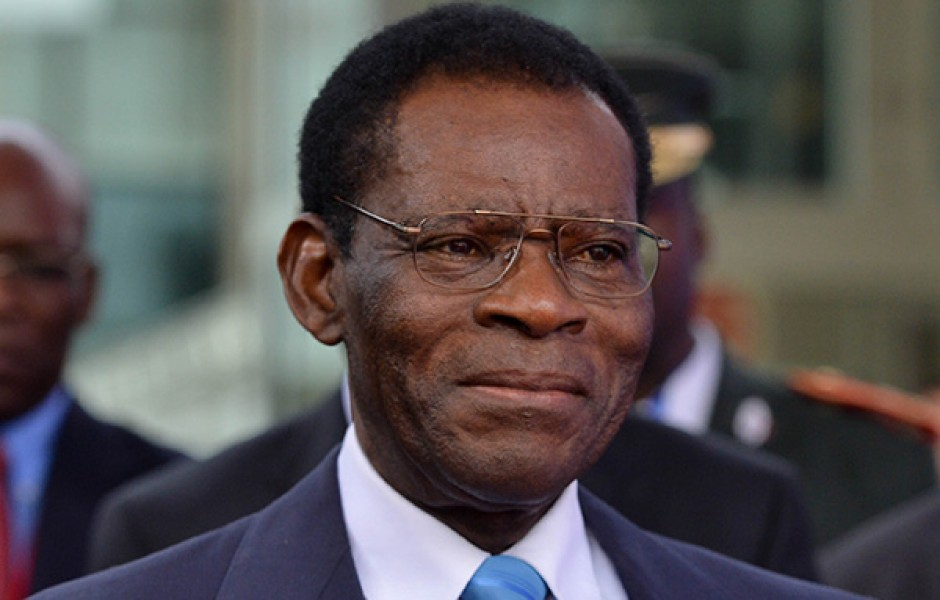
Nguema Mbasogo has maintained a firm grip on power in Equatorial Guinea since his ascension in 1979. Coming into office after overthrowing his uncle in a military coup, Obiang’s tenure has become synonymous with enduring leadership, making him the longest-serving president in Africa’s modern history. His rule has been characterized by a complex interplay of economic growth due in large part to the country’s oil reserves and persistent allegations of human rights abuses. Obiang’s government has faced international scrutiny for censorship, political repression, and the lack of transparent democratic processes. However, it also celebrates infrastructural development and relative stability in a region often plagued by turmoil.
2. Paul Biya (Cameroon) – 40 Years
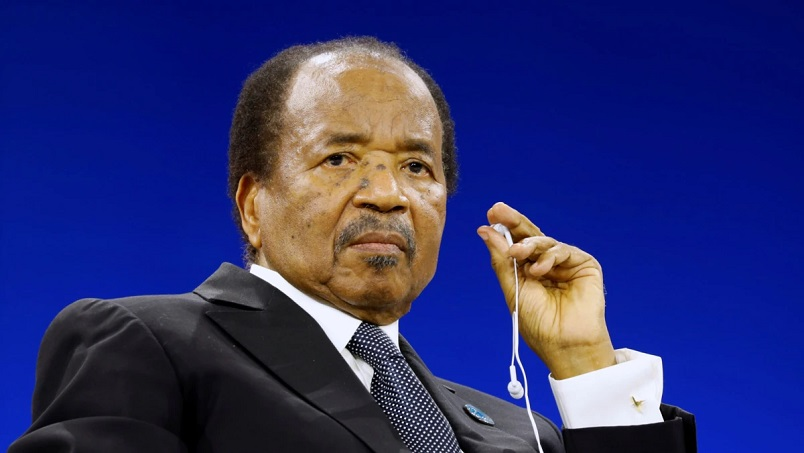
Ascending to power in 1982, Paul Biya’s long-standing rule in Cameroon has been marked by a mix of stability and controversy. His administration has overseen periods of economic growth and development, with efforts to modernize the country’s infrastructure and economy. However, Biya’s tenure has also been plagued with claims of corruption, electoral irregularities, and human rights violations. Under his leadership, Cameroon has maintained a semblance of peaceful coexistence despite mounting pressure and criticism from opposition groups and international observers calling for political reform and more democratic governance. Read Also: 13 Less Known Facts About Black History Month
3. Denis Sassou Nguesso (Republic of Congo) – 38 Years
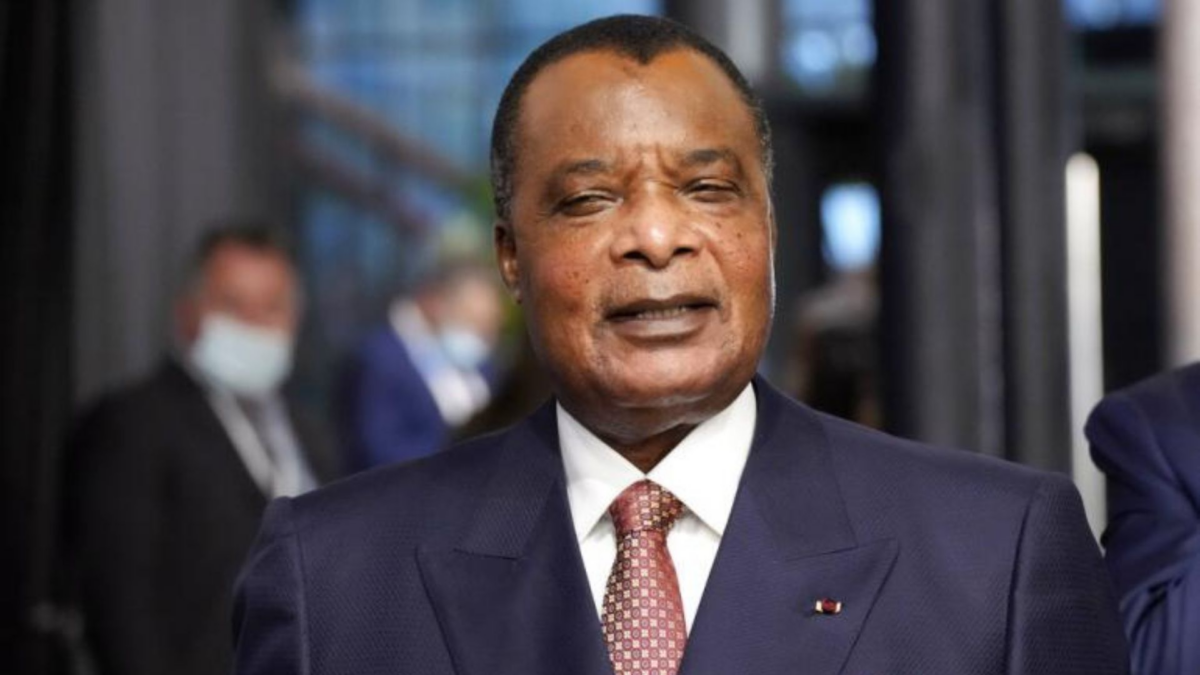
Sassou Denis Nguesso has been a dominant figure in the Republic of Congo’s political arena, first coming to power in 1979. After a brief hiatus, he resumed the presidency in 1997 and has held it ever since. His tenure has been marked by efforts to exploit the country’s oil resources, which has led to significant economic developments. However, these gains have not been evenly distributed among the population. Criticisms of Nguesso’s governance revolve around allegations of nepotism, corruption, and the suppression of political opposition.
4. Yoweri Museveni (Uganda) – 36 Years
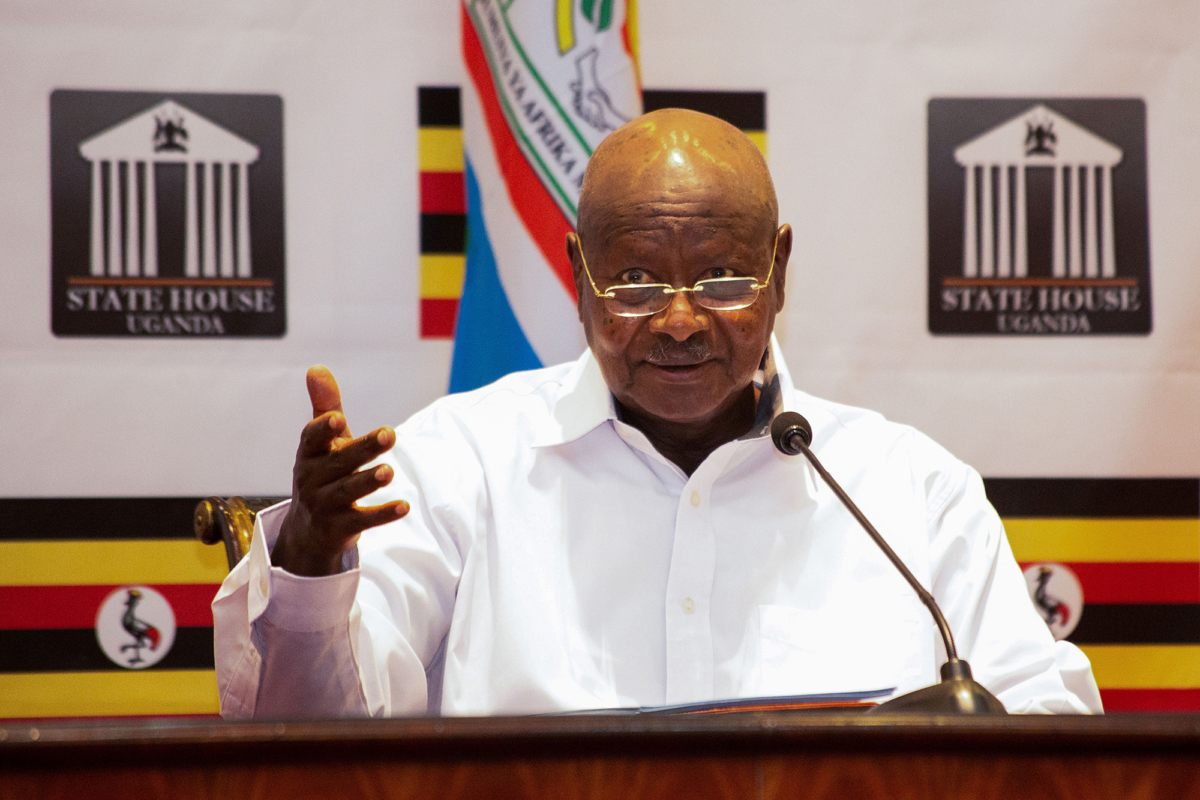
Museveni’s rise to the Ugandan presidency in 1986 followed a successful five-year guerrilla war. Since then, Museveni has remained at the nation’s helm, presenting himself as a stabilizing force in a country that had endured decades of turmoil under previous regimes. Museveni’s long rule has been credited with significant strides in economic recovery, infrastructural advancements, and health sector improvements, particularly in the fight against HIV/AIDS. However, his presidency has also faced growing criticism for perpetuating a climate of political repression, curbing media freedoms, and manipulating constitutional amendments to extend his tenure.
5. King Mswati III (Eswatini) – 36 Years
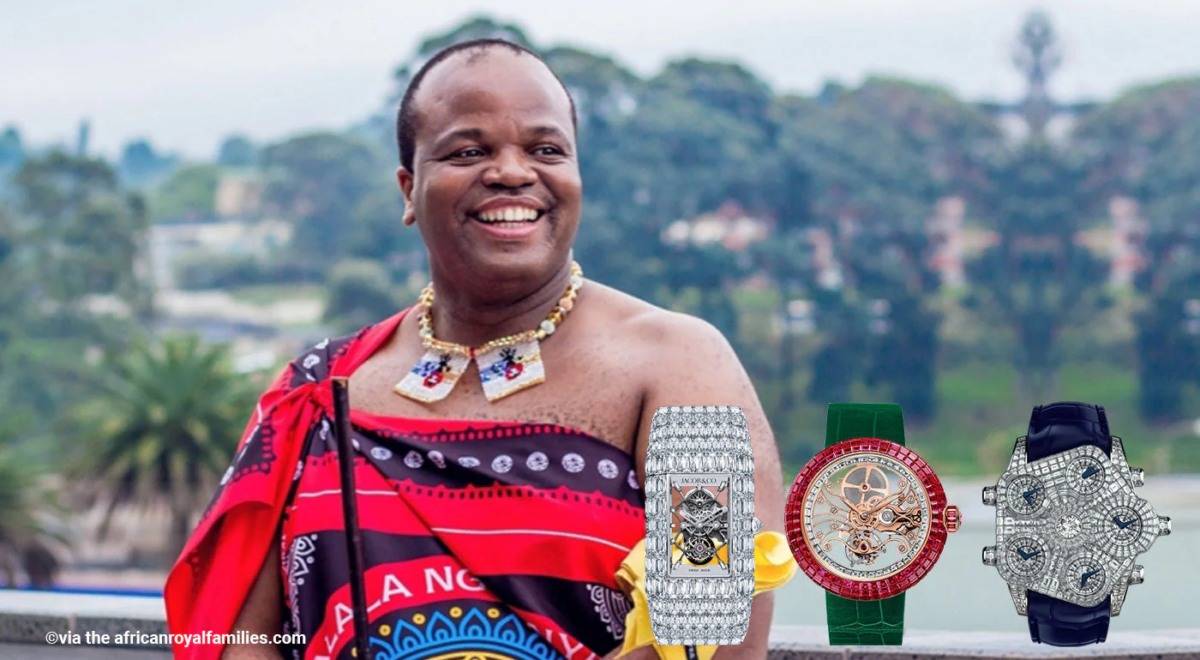
Coronated in 1986 at the tender age of 18, King Mswati III has ruled over Eswatini (formerly known as Swaziland) as the last absolute monarch, making him one of Africa’s longest-serving leaders. His reign has been noted for preserving the cultural traditions and ceremonies of the Swazi people while facing international scrutiny for human rights concerns and the lack of political freedoms. Economic challenges and civil unrest, spurred by calls for democratic reforms, have marked his time on the throne. Yet, Mswati III maintains a firm grip on power amid increasing calls for change within this small, landlocked nation. Read Also: Extend the Life of Your Carrots with This Surprising Storage Hack
6. Idriss Déby (Chad) – 31 Years
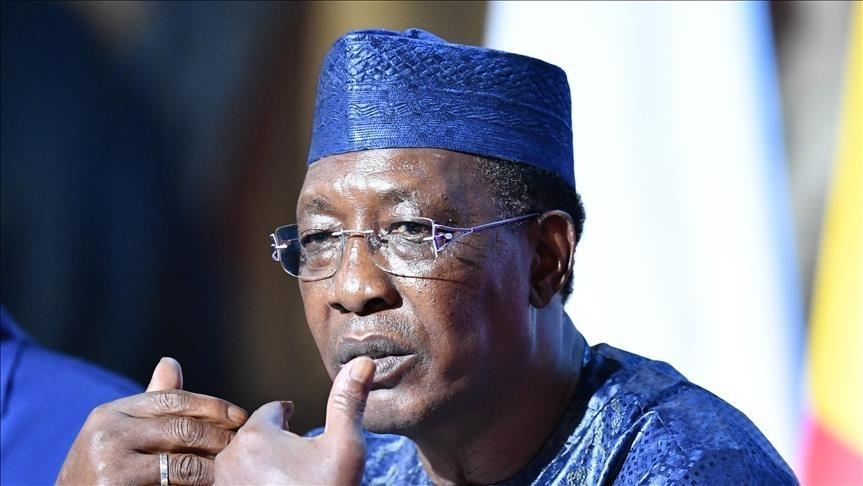
Déby rose to prominence in Chad after seizing power during a military coup in 1990. His three-decade rulership was marked by his firm hand in domestic affairs and his significant influence on regional security, particularly his stance against Islamist militancy in the Sahel. Despite continuous conflicts and political unrest, Déby managed to maintain a semblance of stability, though often at the expense of political plurality and human rights. His leadership saw Chad making progress in sectors like oil production, yet the nation remained beset by deep-rooted challenges such as poverty and lack of infrastructure. Ultimately, Déby’s rule, which ended abruptly with his death in April 2021, leaves a complex legacy of authoritarian stability juxtaposed with enduring societal needs.
7. Isaias Afwerki (Eritrea) – 30 Years
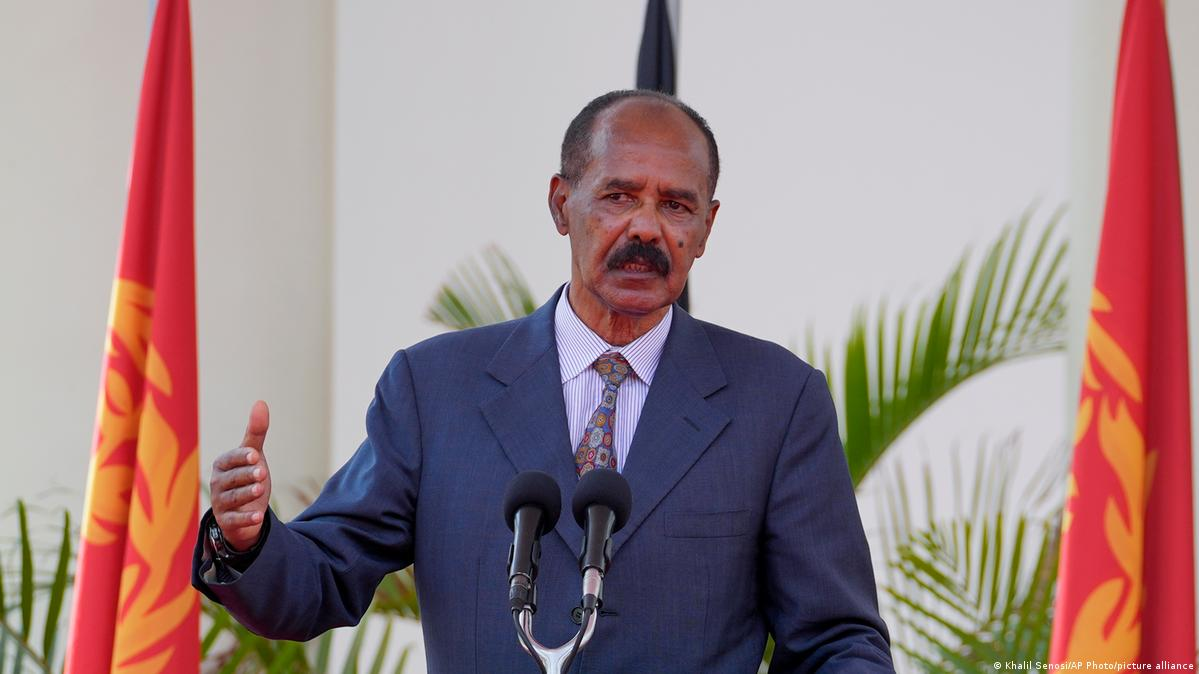
Afwerki has been at the forefront of Eritrea’s political sphere since the country’s independence in 1993. His tenure as president is marked by his role in leading the movement for Eritrean independence from Ethiopia and the subsequent establishment of a single-party state. Politically, Afwerki’s unbroken rule has drawn international criticism over human rights issues and the suppression of dissent. While his leadership is credited with keeping the nation sovereign and peaceful, it has also been associated with stringent control over the economy, media, and civil liberties, raising concerns about the long-term implications for democracy and social development in Eritrea.
8. Paul Kagame (Rwanda) – 24 Years
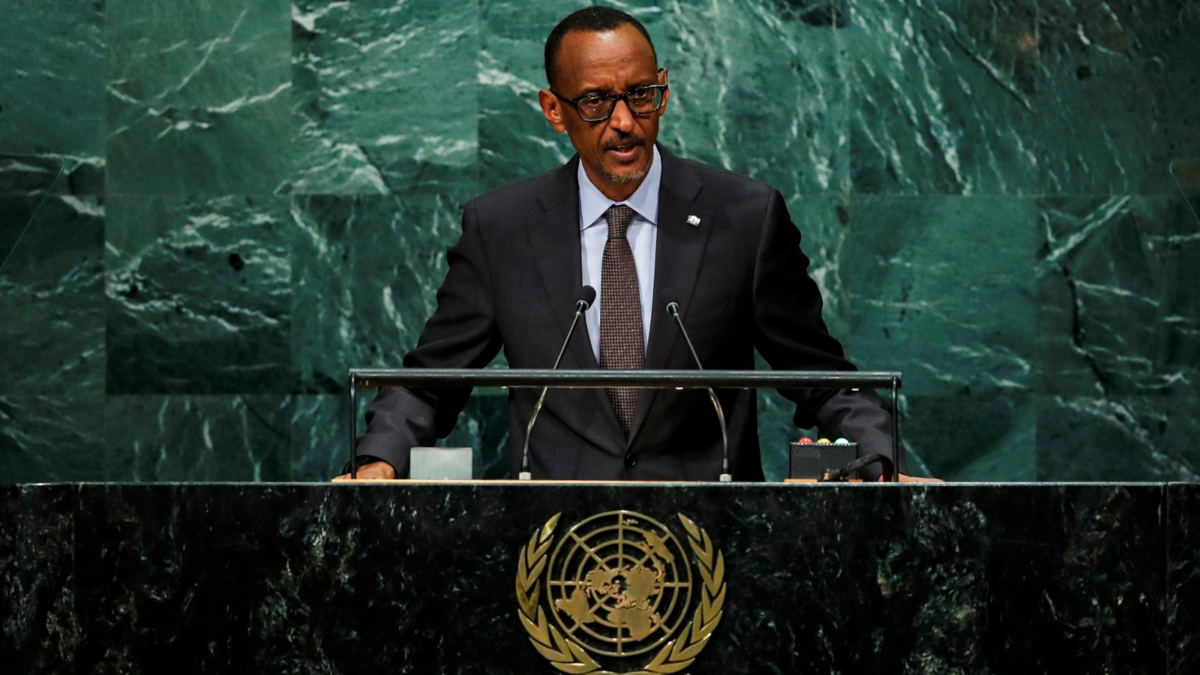
Since taking office in 2000, Paul Kagame’s leadership has been pivotal in Rwanda’s remarkable transformation following the tragic genocide in 1994. Known for focusing on national reconciliation, economic development, and technological innovation, Kagame has positioned Rwanda as a hub of progress in Africa. Nevertheless, his tenure has not been without controversy; allegations of human rights abuses and suppression of the opposition mar it. Kagame’s governance has drawn admiration and criticism, reflecting a nuanced legacy of visionary progress and questionable democratic practices.
Bottom Line
While some African leaders have held power for extended periods, the future of Africa’s politics lies in strengthening democracy, promoting good governance, and ensuring equitable development.

